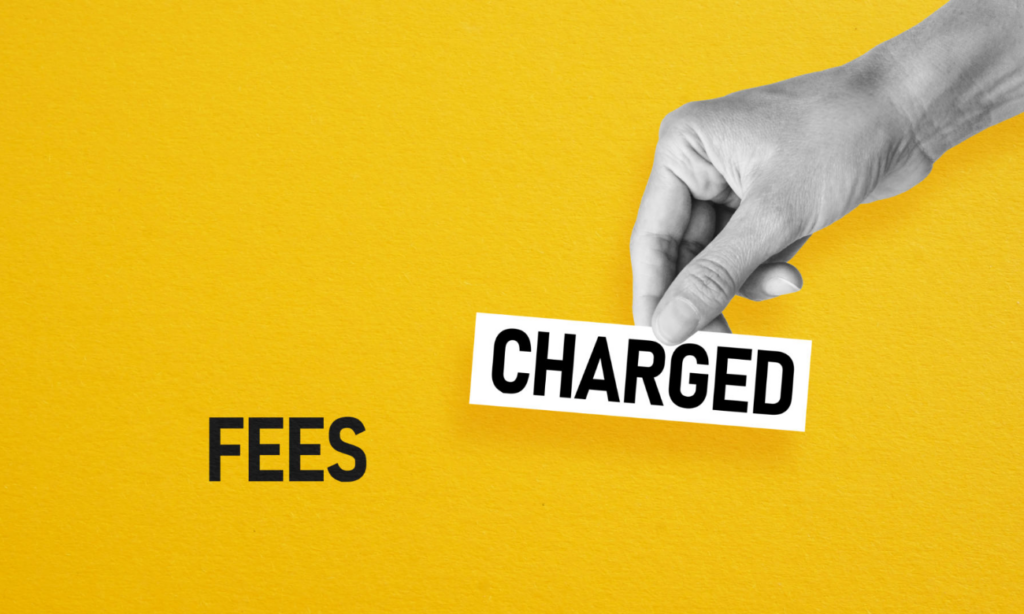Bitcoin(BTC)$70,696.001.86%
Ethereum(ETH)$2,080.860.38%
Tether(USDT)$1.000.00%
XRP(XRP)$1.431.24%
BNB(BNB)$634.95-0.78%
USDC(USDC)$1.000.00%
Solana(SOL)$86.36-0.58%
TRON(TRX)$0.2783390.57%
Dogecoin(DOGE)$0.095563-1.01%
 Figure Heloc(FIGR_HELOC)$1.030.00%
Figure Heloc(FIGR_HELOC)$1.030.00%
Coping with Card Delinquency and Rebuilding Your Credit
Coping with card delinquency is a crucial step for anyone facing difficulties managing their credit card payments. Falling behind on credit card bills can be stressful and impact your financial well-being, but understanding how to handle it effectively can help you rebuild your credit and regain control over your finances. In this article, we will explore practical strategies to cope with card delinquency, prevent further damage, and work towards restoring your credit score.

Understanding Card Delinquency
Coping with card delinquency begins with a clear understanding of what delinquency means. Card delinquency occurs when you fail to make at least the minimum payment by the due date. The longer the payments remain unpaid, the worse the impact on your credit report, which can lead to increased interest rates, penalties, and difficulty in obtaining new credit.
Early awareness and action are essential when coping with card delinquency to minimize negative outcomes.
Immediate Steps to Take When Facing Delinquency
When you realize you are unable to meet your payment deadlines, there are several proactive steps you can take:
1. Contact Your Credit Card Issuer
Open communication is vital. Most issuers have hardship programs or payment plans that can help you during difficult times. Explaining your situation and requesting a temporary reduction in payments or waived fees can alleviate some pressure.
2. Prioritize Your Payments
If you have multiple debts, prioritize payments by focusing on your highest-interest credit cards first, while keeping other accounts current as much as possible.
3. Avoid Additional Debt
While coping with card delinquency, avoid incurring new debt. Using credit cards or loans to cover expenses can lead to a deeper financial hole.
How to Rebuild Your Credit After Delinquency
Coping with card delinquency is only the first step. Rebuilding your credit takes time and deliberate effort. Here are essential tips:
1. Make Payments on Time
Timely payments are the most significant factor in credit scores. Set up reminders or automatic payments to ensure you never miss a due date.
2. Reduce Your Credit Utilization
Keep your credit card balances low relative to your credit limits. A lower utilization rate positively affects your credit score.
3. Monitor Your Credit Report
Regularly check your credit report to track improvements and ensure all information is accurate. You can dispute errors that may be unfairly lowering your score.
4. Use Credit Responsibly
Gradually reintroduce credit usage by making small purchases and paying them off promptly. This demonstrates responsible credit behavior to lenders.
Coping with Card Delinquency: Dealing with Fees and Interest

One challenge when coping with card delinquency is managing increased fees and interest charges. Delinquency often triggers penalty APRs that can be as high as 30%, making it harder to pay off the balance.
Additionally, other fees, such as late payment fees or over-the-limit fees, add to the burden. It is essential to understand your credit card’s terms and communicate with your issuer about potential fee waivers.
Preventing Future Delinquency
Maintaining good credit health requires ongoing effort. Here are practical ways to prevent falling back into delinquency:
- Create a Budget: Track income and expenses to avoid overspending.
- Build an Emergency Fund: Having savings can cover unexpected costs and reduce reliance on credit.
- Use Financial Tools: Apps and services that help manage payments and budgets can keep you on track.
- Seek Professional Advice: Credit counseling services provide tailored guidance.
The Role of “Google Content Usage Fee” in Your Financial Picture
When coping with card delinquency, it’s important to consider all recurring charges on your accounts, including less obvious fees such as the Google content usage fee. This fee, sometimes seen on mobile or credit statements, can add up if not monitored and might affect your budgeting and ability to make timely payments.
Tracking such fees and reviewing all monthly expenses ensures you have a clear financial picture and avoid surprises that can worsen delinquency.
Conclusion
Coping with card delinquency is a challenging but manageable process. By understanding your situation, communicating with creditors, and committing to responsible credit use, you can rebuild your credit and improve your financial stability. Keep track of all your expenses, including fees like the Google content usage fee, to stay in control.
Remember, rebuilding credit takes time, but with patience and the right strategies, financial recovery is within reach.
Frequently Asked Questions (FAQ)
What happens if I ignore card delinquency?
Ignoring delinquency can lead to increased fees, higher interest rates, damaged credit scores, and eventually legal action by creditors.
Can I negotiate fees or interest due to delinquency?
Yes, many credit card companies offer hardship programs or may waive fees if you contact them early.
How long does it take to rebuild credit after delinquency?
Credit repair timelines vary, but consistent positive behavior can start to improve your score within months.
Does paying off delinquent accounts remove the negative record?
Paying off delinquent accounts doesn’t erase the history but stops further damage and helps rebuild trust.
Should I seek professional help to cope with card delinquency?
Credit counselors or financial advisors can provide valuable personalized assistance.